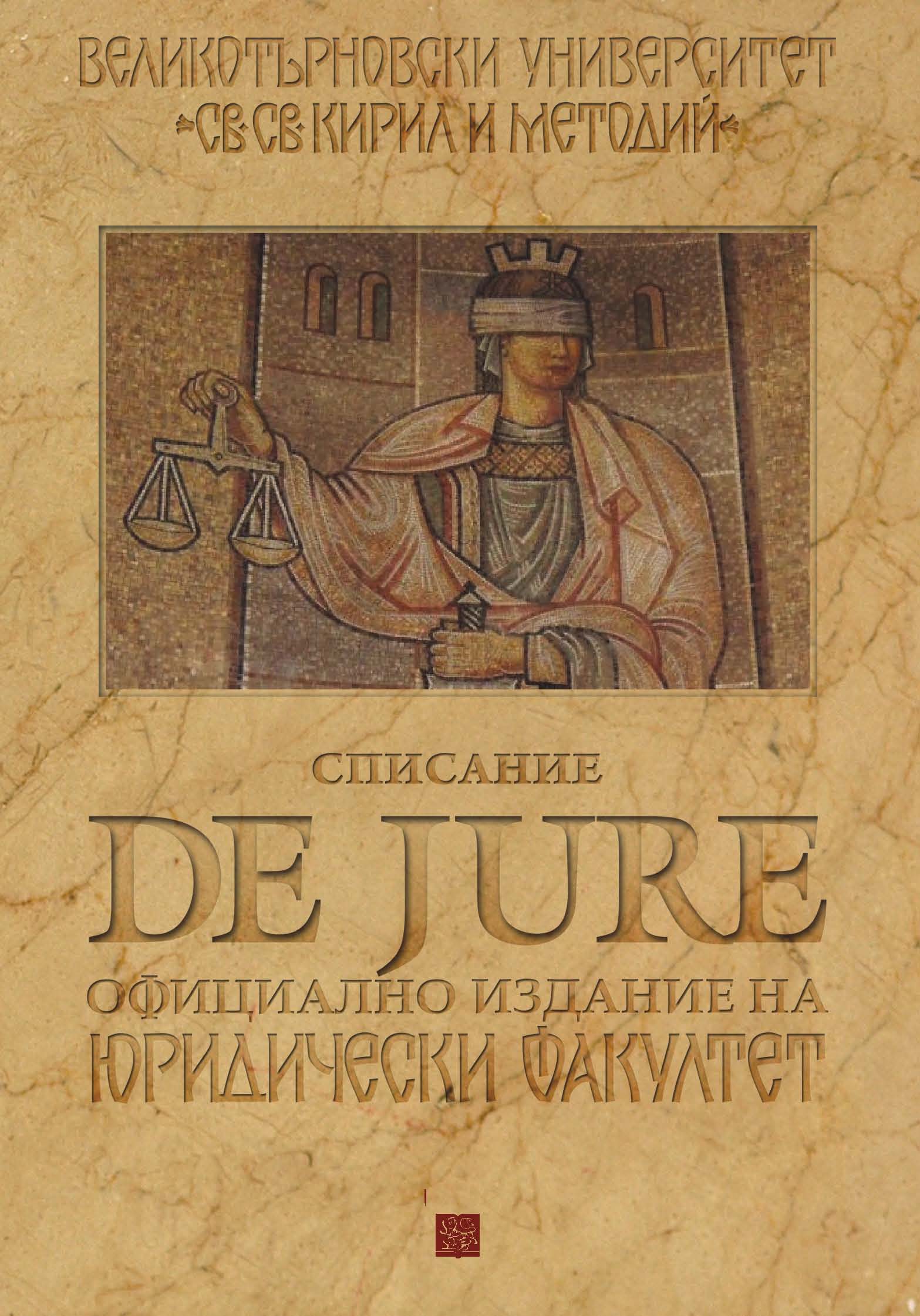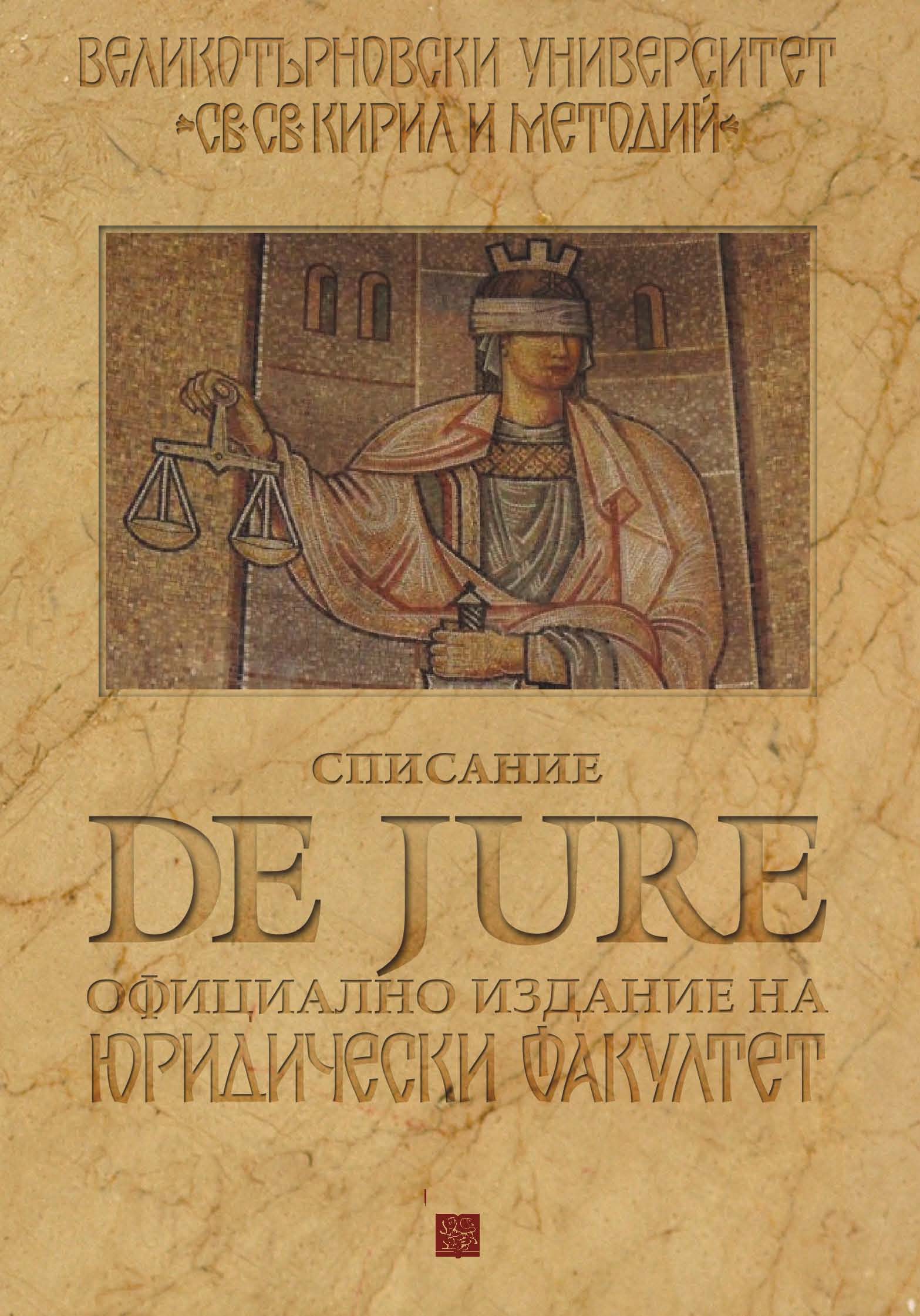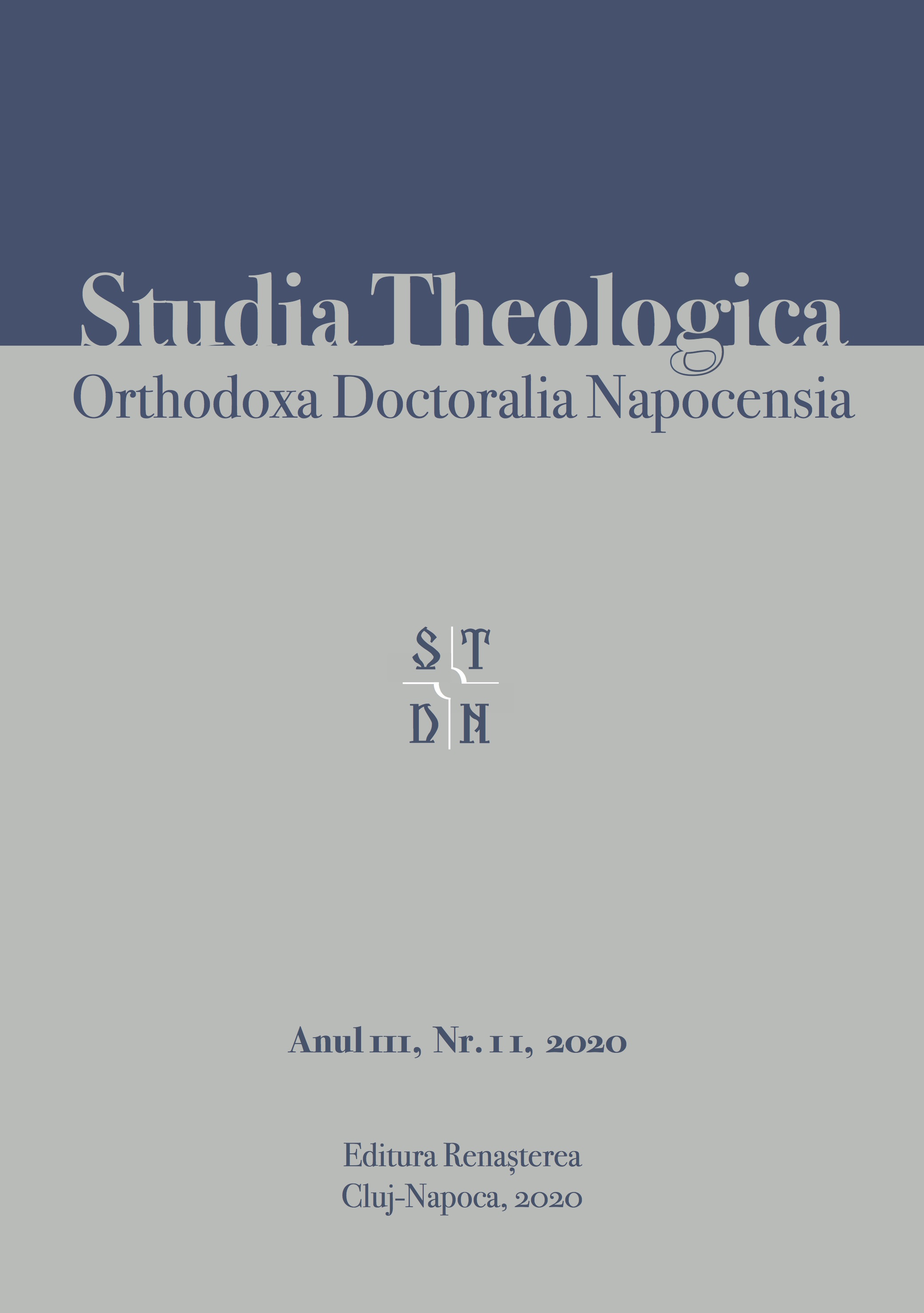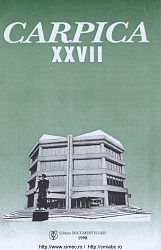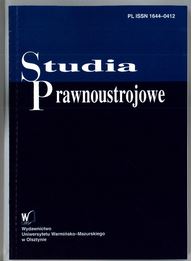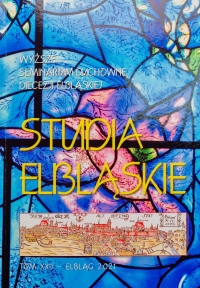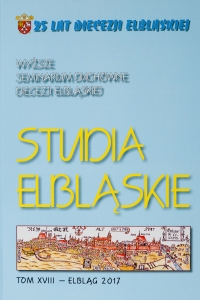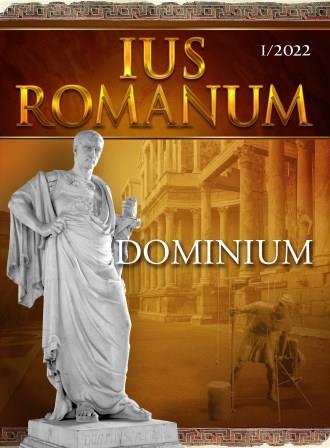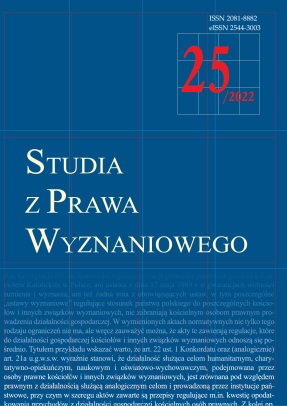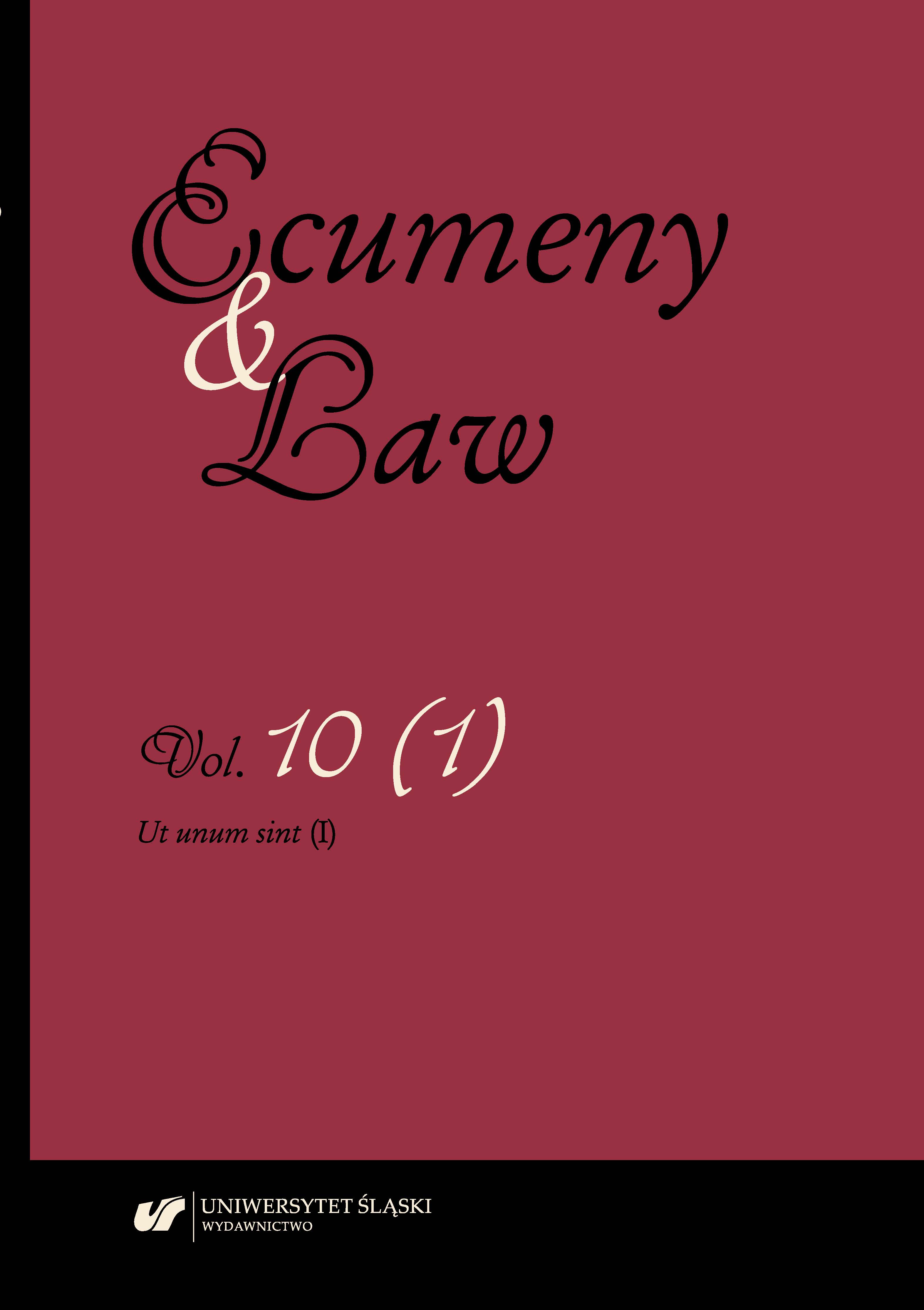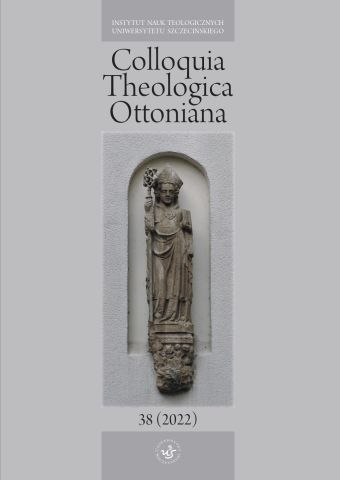Author(s): Sebastiano Tafaro / Language(s): Italian
Issue: 2/2022
I think that the meaning of the history of Rome and of the consequent Roman juridical experience is not fully grasped if one does not start, sometimes inverting the traditional point of view, from the consideration that it was the fruit and, to a certain extent, the point of confluence of peoples and experiences that came from the North and, particularly, from the East, especially from the Balkans. Thanks to the Romans was the attitude to grasp the essential junctures of social life and the contextuality of the times, articulating itself in propositions not 'closed' or 'provincial', The Commission is aware that the Council of Ministers has not yet reached agreement on this matter. I have proceeded in this direction with the present reflection which, starting from long and in-depth analyses, aims to highlight not so much (as is customary) how much Roman law has shaped the experience of other peoples but rather what other peoples and their institutes it has been able to incorporate and remodel. Specifically, the case of the lex Osca Tabulae Bantinae seems exemplary to me, where I seemed to grasp original institutions and visions that could have influenced Roman law. This is the statute of the community of Bantini, a population belonging to the Lucani lineage, in turn derived from the Osco-Sabello-Umbro ethnic group, which probably penetrated the Italian peninsula starting from the 2nd millennium BC. coming from the Balkan area, constituting the second wave of Indo-European populations of eastern origin (after the Latins-Falisci). The examination of the Tabula Bantina suggests that there was a significant parallelism between juridical experiences: Roman and Italic. Which suggests that, perhaps, we should ask ourselves more deeply about the possibility that it was precisely Roman law that incorporated Italic configurations, particularly Osco-Sabines, certainly reworking them in its own, but nonetheless similar, forms. All with a profound attention to the populations of the Near East, as can be seen from the creation, for Illyricum, of the defensores civitatum.
More...
